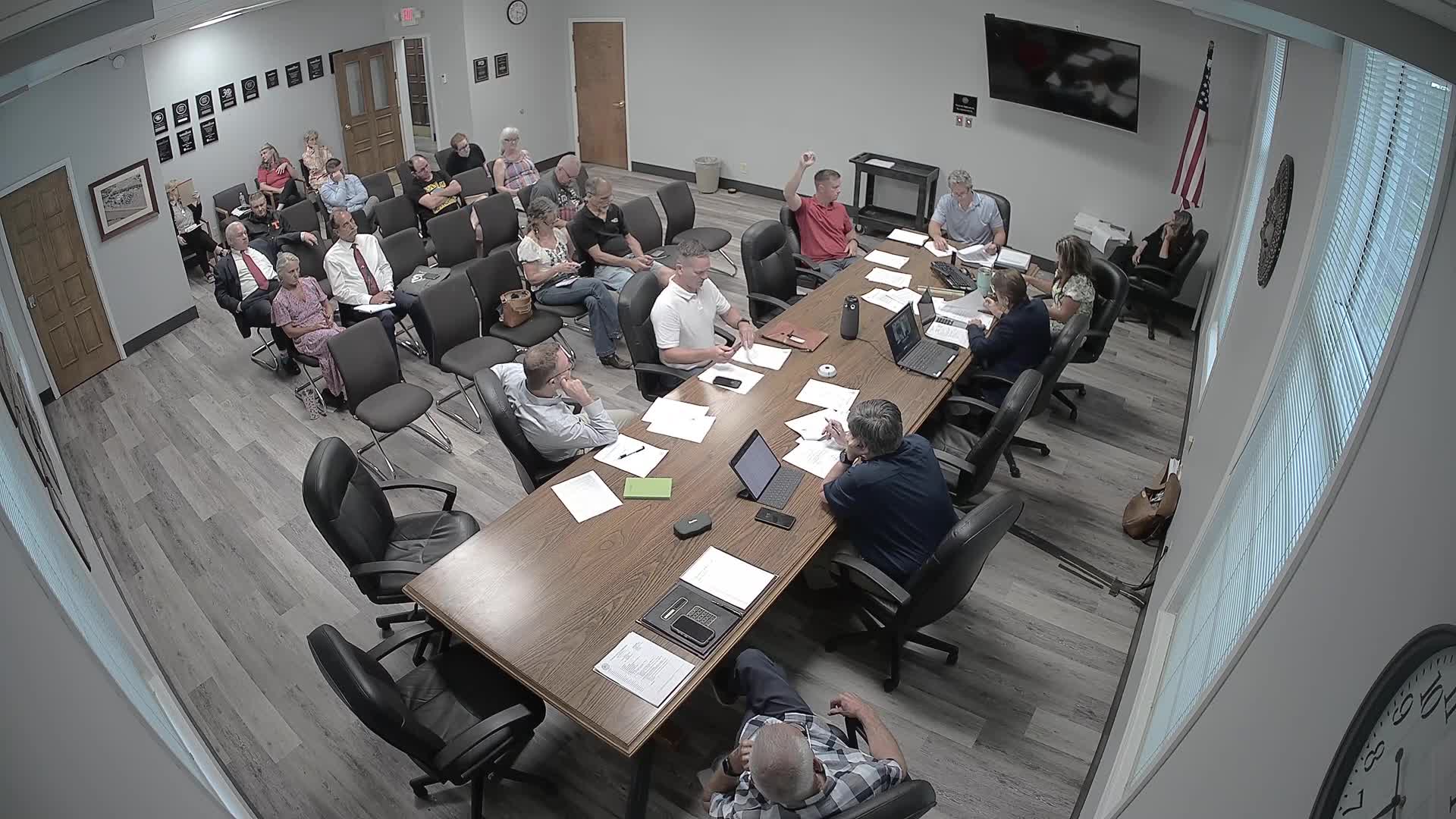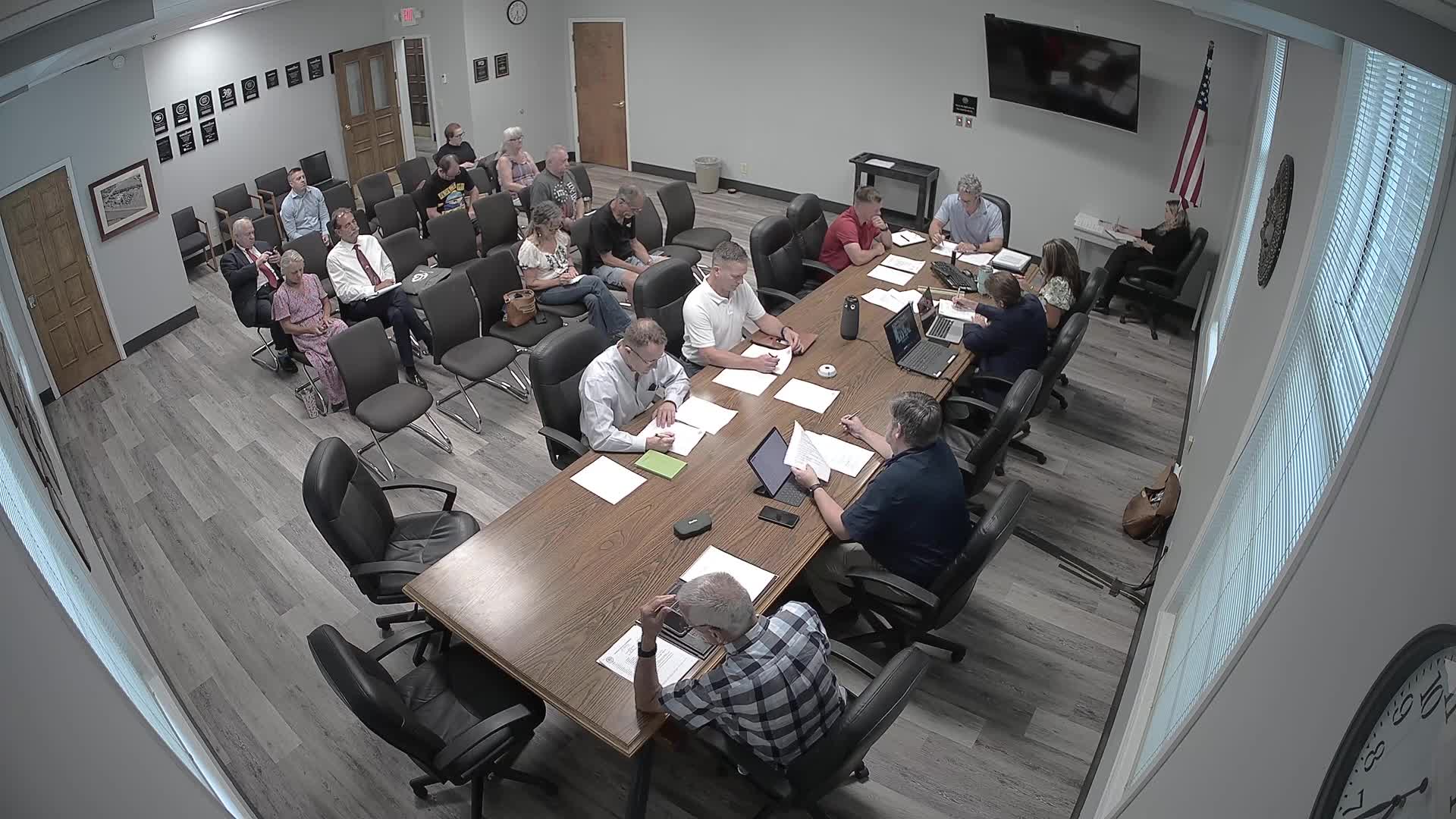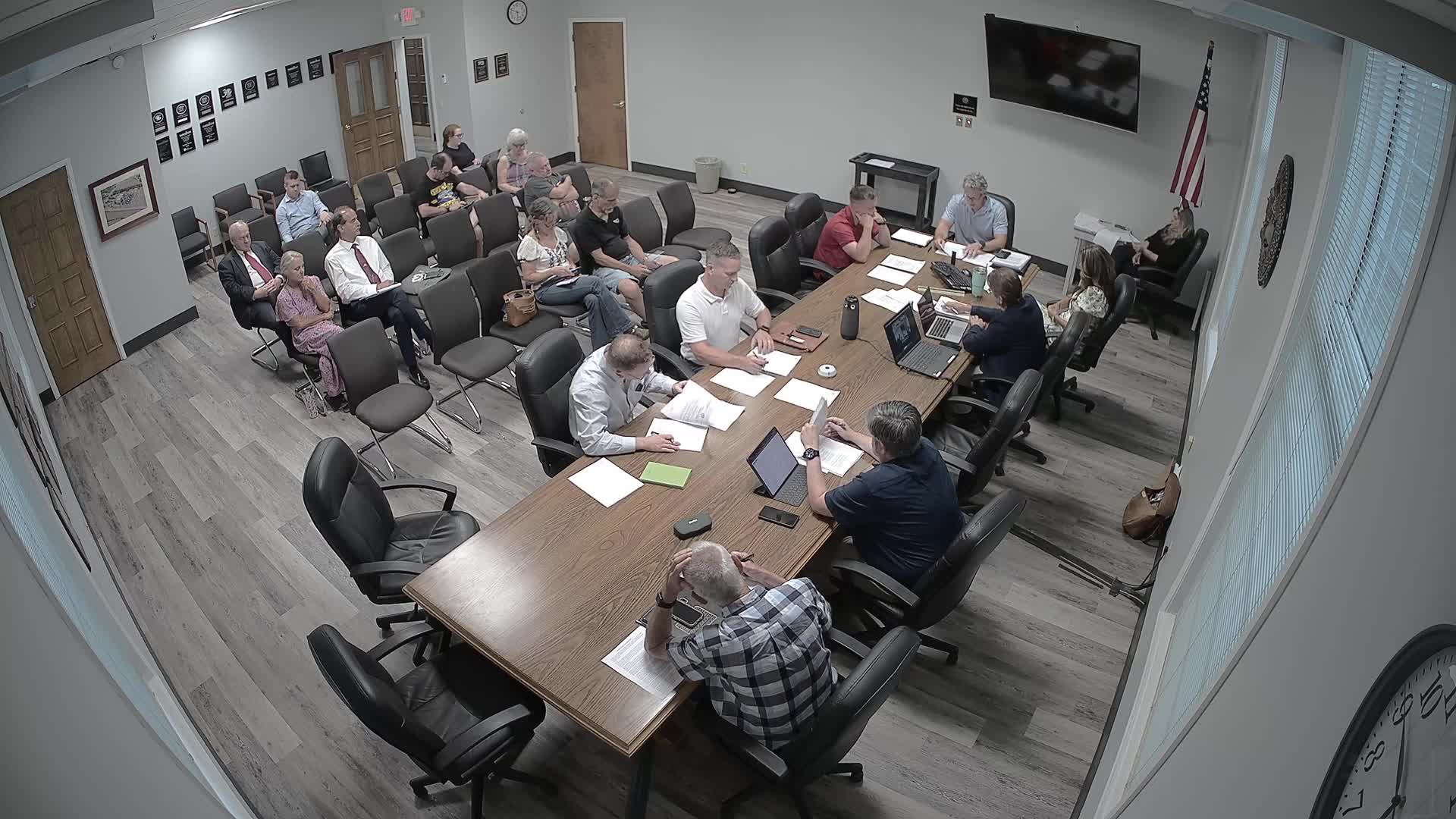Article not found
This article is no longer available. But don't worry—we've gathered other articles that discuss the same topic.

Commission narrows non-agenda public comments to three minutes and moves them to end of meetings

Commission takes up term-limits resolution; supporters and opponents split over continuity and turnover

